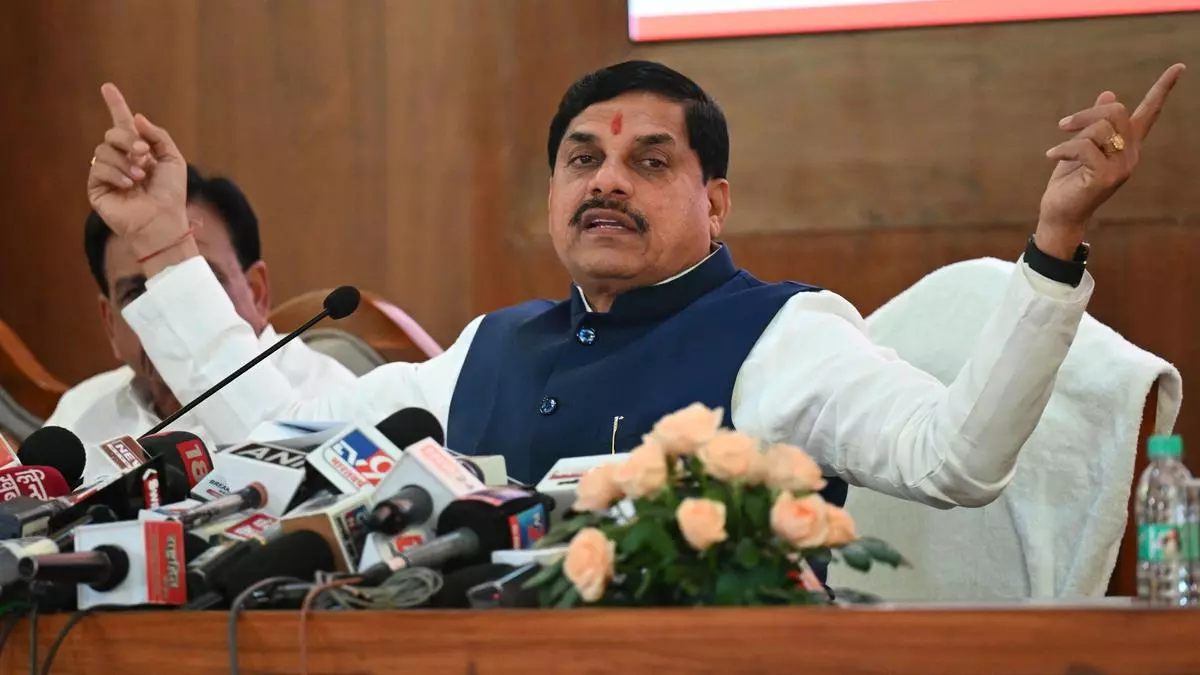An opposition candidate widely seen as pro-China won a runoff election to be the next president of the Maldives, marking a significant loss for Indian influence in the archipelagic nation. Mohamed Muizzu received 54 percent of the votes cast in Saturday’s election, compared with 46 percent for the incumbent, Ibrahim Mohamed Solih. The vote in the Maldives highlighted a bitter divide between pro-India and pro-China camps in Asia’s smallest country. The United States has also prioritized improving relations with the Maldives in recent years, and last month sent career diplomat Hugo Yue-Ho Yon to become the first resident ambassador there. Indian Prime Minister Narendra Modi also congratulated Muizzu. The incumbent, Solih, has been in power since 2018 and pushed for closer relations with New Delhi under an “India First” policy that included seeking new trade agreements and allowing India to operate a small military attachment on Maldives territory. Yameen Abdul Gayoom, who led the country between 2013 and 2018, steered the country closer to Beijing, supporting major infrastructure projects with Chinese funding through the Belt and Road Initiative. Advocacy groups accused Yameen of human rights abuses during his tenure, and after losing office in 2018, he was sent to prison on bribery and money laundering charges. The 45-year-old Muizzu, a former construction minister and current mayor of the capital, campaigned on an “India Out” platform, pledging to expel all Indian military personnel and emphasizing the need for the country to build its future independently. Muizzu has won the first round of the presidential vote last month, and a runoff vote was held after no candidate received an absolute majority. In interviews with the Indian publication the Wire, allies of Muizzu said the president-elect was not seeking to disrupt relations with New Delhi and would probably make his first international visit to India. The outcome of the election is viewed as a major diplomatic setback for India and highlights the growing influence of China in the region.










